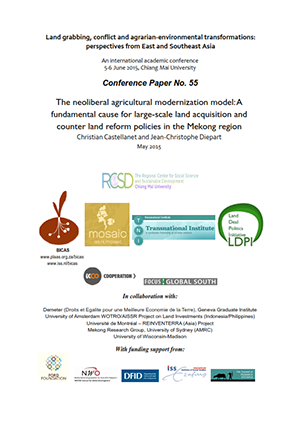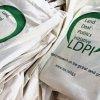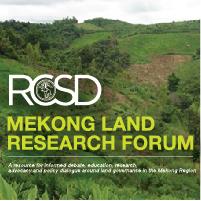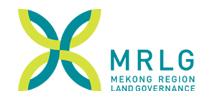Resource information
This conference paper examines how the ideology and programmatic set of policies coined in the term ‘neoliberal modernization’ applies to agriculture and practices in the Mekong region.
The authors suggest post-war/post-socialist authoritarian states in the Mekong Region have opportunistically embraced a neoliberal approach to agricultural modernization, and argue that, to varying extents, it has failed to deliver what it promises. Cambodia, Laos and Myanmar are engaged in “counter agrarian reforms” whereby a large-scale and transnational agricultural modernization model is being promoted at the expense of smallholder family farming model (as opposed to their past agrarian reforms). Whereas Vietnam has followed a different trajectory, initially adopting protective policies but that have progressively become more modernist in orientation, leading to greater land concentration and marginalization of the peasantry.
The chapter present five main assumptions on which this modernist agricultural project is based and what it promises to deliver: i) foreign direct investment in agriculture is essential for development; ii) large-scale is more efficient than small scale farmers; iii) privatization of land facilitates investment and increases productivity; iv) household farming is locked in subsistence-oriented practices that are backward and environmental destructive; and v) the development of a modern non-farm economy will absorb the agrarian work force “freed” by labor-saving agricultural modernization projects. The author then confront these ideological prototypes by comparing theoretical premises against actual realities of agricultural sector development in the four Mekong countries.





